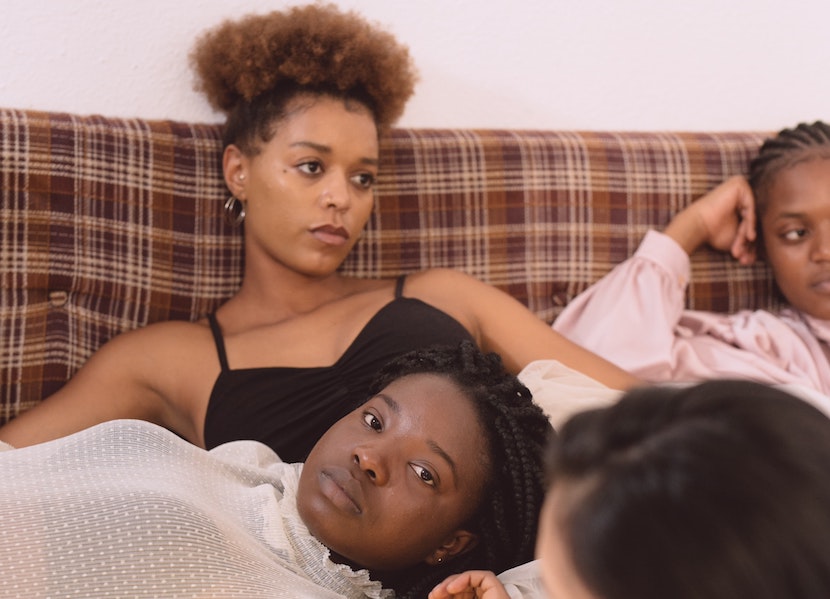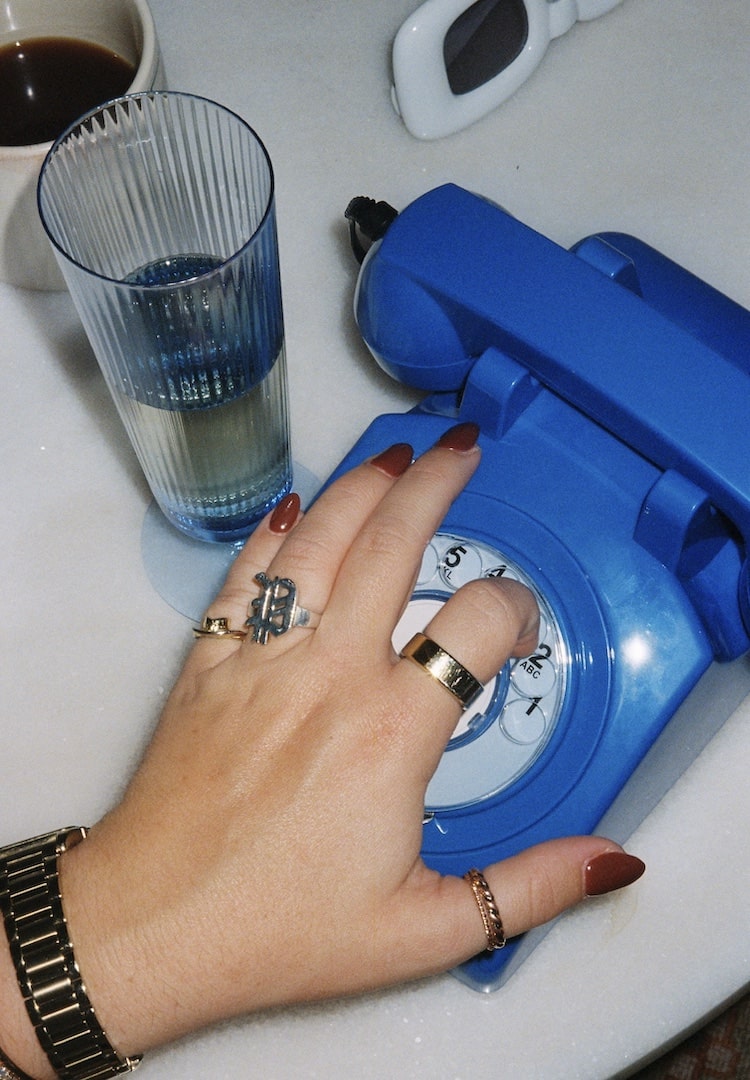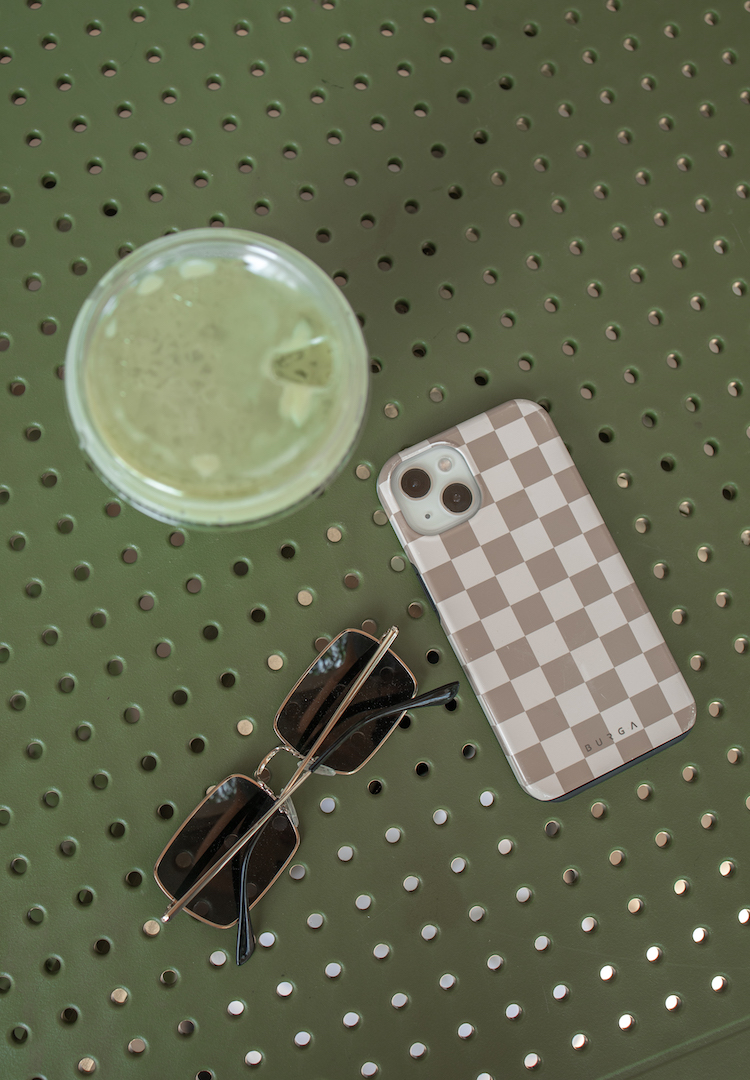I asked a clinical psychologist for tips on dealing with rejection
WORDS BY SIENNA BARTON
“Each time we face fear, our anxiety reduces and we become more resilient and fill our toolkit with additional coping strategies.”
As a serial overachiever, I haven’t had to deal with very much rejection over the years. I’ve typically thrived in job interviews, having my pick of opportunities at any given time. When it came time to apply for courses at the end of year twelve, I chose to apply for a highly competitive writing program simply because my school’s careers counsellor had told me it would be too hard for me to secure a place.
I proved her wrong though and wound up enrolled in Australia’s most prestigious creative writing program (as stated on the university’s website) purely out of spite. From there, I went on to do an Honours year, before being accepted into a PhD program at 22 years old.
Interested to hear how others navigate the world? Head to our Life section.
While I didn’t end up completing the doctorate, mostly because 22-year-olds are probably too young to start doctorates, I’d left on my own terms. In the years since then, I’ve enjoyed a range of professional and academic successes, including graduating from a Master of Fine Art on the Dean’s List. But the thing about constantly getting what you want is that real or perceived failure or rejection can be annihilating.
So, when rejection finally came knocking at my door, I was at a complete loss. An embodiment of the saying ‘When it rains, it pours’, I seemed to experience an unrelenting parade of non-stop rejection in the months of December 2022 and January 2023. First, I was fired from my job. Then, I didn’t get into the graduate program I so cockily thought I was a shoo-in for.
Finally, the guy I’d been seeing and had a crush on told me he “Wasn’t ready to date”. To top it all off, I finished January by getting my period, so my mood was foul, unpredictable and, at points, downright melancholy. I wondered, how could I, the person who’s always gotten what she wanted, suffer three incredible blows to her ego in the space of two months.
My self-esteem felt shot to hell. Not only did I feel like I was unemployable and stupid, but I felt like I was undesirable, too. Knowing I was successful had been intrinsic to my sense of self, and without these markers of success, I felt worthless. Getting through this time was tough, and involved a lot of sooky days spent in bed and irrational messages to my friends.
Rejection is an inevitable part of life, and it happens to everyone but knowing this doesn’t make the experience any easier. I was deeply embarrassed and ashamed that the experience of being rejected made me feel so wounded. Why couldn’t I, as my tradie grandpa so often says (jokingly), “Eat a spoonful of cement and just harden up”? In the spirit of not wanting you to go through the rollercoaster of emotions that is trying to navigate rejection on your own, I spoke to clinical psychologist, Caroline Weinstein.
Firstly, why is rejection so hard?
Rejection can feel extremely painful as human beings have a fundamental need to belong. We are wired to connect with our tribe – this is part of our evolutionary history and how we have survived. If you were ousted from the group, you had little chance of survival. Interestingly, rejection and physical pain have been shown through functional brain scans to activate the same parts of the brain… it actually hurts! Our self-esteem can also take a hit when we feel rejected.
Is there a ‘right‘ way to behave when you’re in the middle of being rejected? What are some coping skills for dealing with rejection as it’s happening?
Rejection is a part of life – socially, romantically, occupationally – and individuals will respond differently to rejection given past experiences, context and sensitivities. I don’t believe there to be a ‘right’ way or one prescription to manage rejection. However, some coping strategies may be to remind yourself we will all experience this at some stage(s) in our lives [and] that you have taken a risk and that is courageous.
Allow yourself to feel all emotions that arise and accept them as valid and temporary, treat yourself compassionately (talk to yourself as you would a dear friend), reach out to those close [to you] and remind yourself that one disappointment does not define us. After time, we can reflect on what we may have learned or taken from the experience. Each experience builds resilience!
What are some self-care activities you can do when you’re feeling rejected?
Allow yourself to feel all the feelings, remind yourself that they will pass, and try to be aware of not pointing the finger inward or self-blaming. Take part in pleasurable activities and surround yourself with those people you feel safe with and loved by.
If your nervous system has been activated and you’re feeling stressed or more disconnected, try to engage your parasympathetic nervous system. You can do this by noticing felt senses in the body and us[ing] techniques like deep breathing, yoga, exercise or other movement, creative visualisation, relaxation, meditation, listening to music and being in nature.
What should I do if I feel afraid of experiencing rejection in the future?
Notice the fear, label it, feel it in your body [and] accept that it’s just a feeling and that it will pass. What story lies behind the fear? Ask yourself, “Will I let the fear stop me from taking risks and having new experiences?”. Limiting your exposure to potential rejection is an avoidance behaviour, more commonly known as a ‘safety behaviour’. These coping behaviours provide us with a false sense of security; we don’t experience rejection because we simply aren’t exposing ourselves to new experiences. Each time we face fear, our anxiety reduces and we become more resilient and fill our toolkit with additional coping strategies.
For more tips on dealing with rejection, try this.










